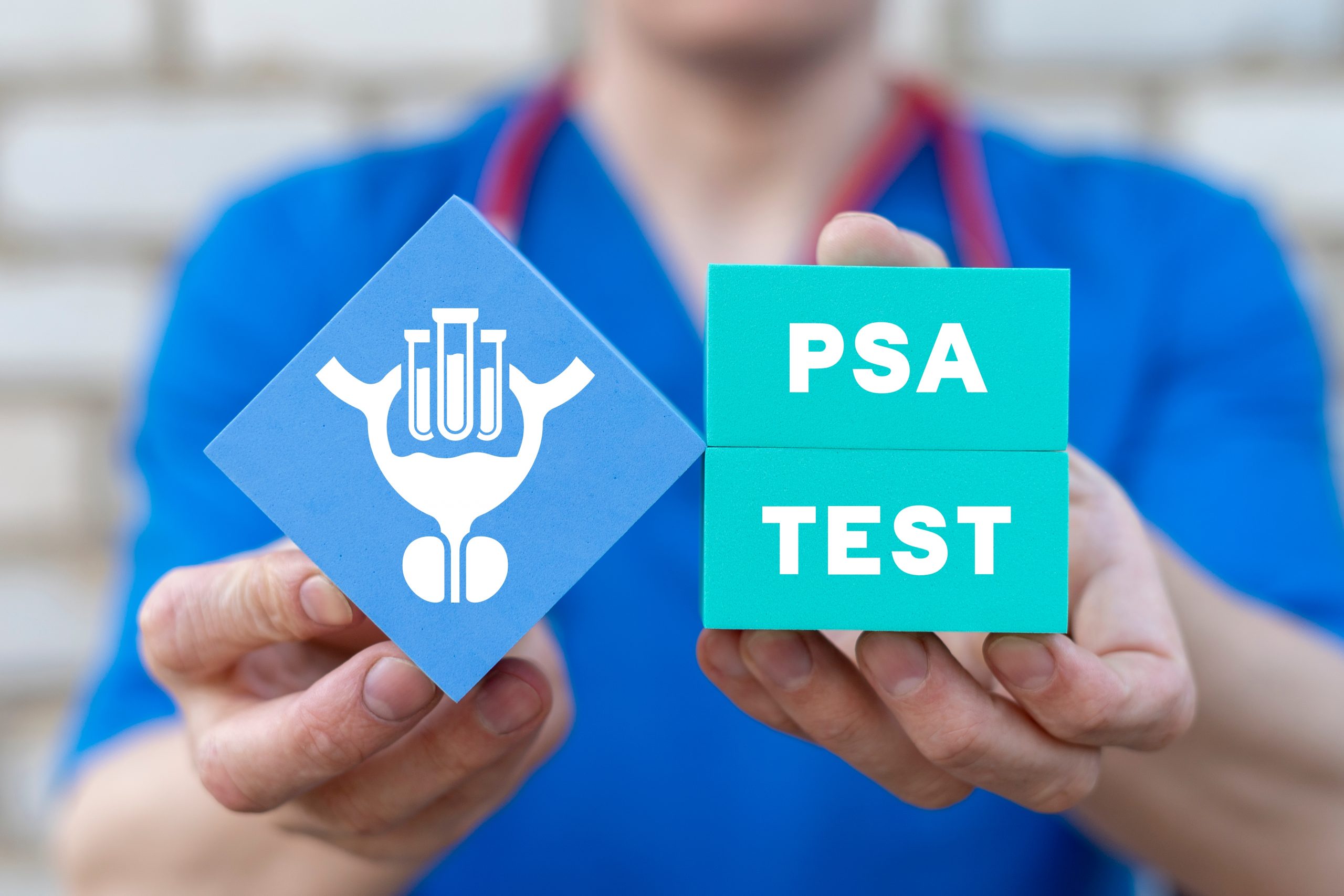Prostate health is a significant concern for men as they age, but it’s essential to recognize that it’s not just a physical issue. Mental health also plays a crucial role in overall well-being, including prostate health. The mind and body are interconnected, and addressing mental health can have a positive impact on prostate health. In this article, we will explore the connection between prostate health and mental health and discuss strategies for nurturing wellness from within.
- Stress and Prostate Health: Chronic stress can take a toll on both mental and physical health, including prostate health. When you experience stress, your body releases stress hormones that can potentially affect the prostate gland. High levels of stress hormones may contribute to inflammation and other prostate-related issues. Managing stress through relaxation techniques, such as deep breathing exercises, meditation, or engaging in hobbies, can support prostate health and overall well-being.
- Anxiety and Prostate Health: Anxiety can also influence prostate health. Studies have suggested that anxiety may contribute to increased prostate symptoms and worsened quality of life for individuals with prostate conditions. Seeking professional help, such as therapy or counseling, can assist in managing anxiety and improving overall mental well-being, which can positively impact prostate health.
- Depression and Prostate Health: Depression is another mental health condition that can impact prostate health. Research has found a link between depression and a higher risk of prostate-related issues. Depression can also affect treatment adherence and quality of life for individuals with prostate conditions. If you or a loved one is experiencing symptoms of depression, seeking support from mental health professionals is essential.
- Mind-Body Connection: The mind and body are intricately connected, and nurturing mental health can support prostate health. Engaging in activities that promote relaxation and stress reduction, such as yoga or tai chi, can be beneficial for both mental and physical well-being. These practices focus on the mind-body connection, helping to balance emotions, reduce stress, and promote overall wellness.
- Social Support: Maintaining strong social connections and seeking support from loved ones is crucial for mental and prostate health. Social support can provide emotional and practical assistance during challenging times. Connecting with others who have experienced similar prostate health issues through support groups or online communities can also offer valuable insights and emotional support.
- Healthy Lifestyle Habits: Adopting a healthy lifestyle can benefit both mental and prostate health. Regular exercise has been shown to improve mood, reduce stress, and support prostate health. A balanced diet rich in fruits, vegetables, whole grains, lean proteins, and healthy fats can provide essential nutrients for both mental and physical well-being. Avoiding excessive alcohol consumption and quitting smoking are also important steps in supporting prostate and overall health.
- Regular Health Check-ups: Taking care of your mental and prostate health involves regular check-ups with healthcare professionals. Routine prostate screenings, such as prostate-specific antigen (PSA) tests and digital rectal exams, can help detect potential issues early on. Openly discussing any mental health concerns with your healthcare provider is also important for proper assessment and guidance.
- Education and Awareness: Educating oneself about prostate health and mental health can empower individuals to take proactive steps. Understanding common prostate conditions, risk factors, and treatment options can alleviate anxiety and promote better decision-making. Similarly, learning about mental health conditions, their symptoms, and available resources can help individuals seek timely support and interventions.
- Healthy Coping Strategies: Developing healthy coping strategies is essential for both mental and prostate health. Engaging in activities that bring joy, practicing mindfulness or meditation, and expressing emotions through creative outlets like journaling or art can help manage stress and support mental well-being. Finding positive ways to cope with challenges can contribute to a healthier mindset and, in turn, positively impact prostate health












